Premium Only Content
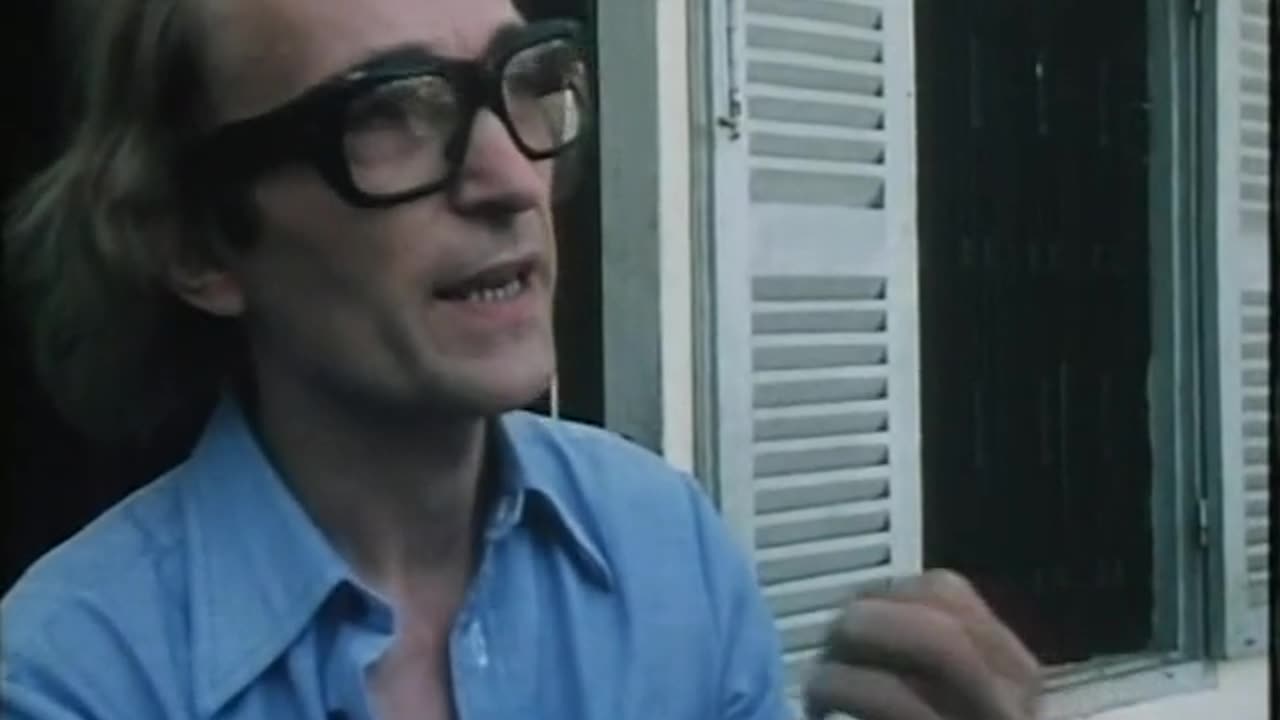
"The genocide of Pol Pot was begun by Richard Nixon and Henry Kissinger" (1979)
The dark side of history: https://thememoryhole.substack.com/
A searing documentary that thrusts viewers into the heart of the Cambodian tragedy under Pol Pot's Khmer Rouge regime. This raw, unfiltered reporting exposes the harrowing aftermath of genocide, attributing the devastating events to geopolitical power plays. With haunting imagery and poignant narratives, the film captures the desolation, starvation, and utter despair faced by a ravaged nation, emphasizing the human toll amid political maneuvering. Its impassioned advocacy mobilized global aid, offering a glimmer of hope amidst the darkness.
Year Zero (Khmer: ឆ្នាំសូន្យ, Chhnăm Sony [cʰnam soːn]) is an idea put into practice by Pol Pot in Democratic Kampuchea that all culture and traditions within a society must be completely destroyed or discarded and that a new revolutionary culture must replace it starting from scratch. In this sense, all of the history of a nation or a people before Year Zero would be largely deemed irrelevant, because it would ideally be purged and replaced from the ground up.
The new rulers of Cambodia call 1975 "Year Zero", the dawn of an age in which there will be no families, no sentiment, no expressions of love or grief, no medicines, no hospitals, no schools, no books, no learning, no holidays, no music, no song, no post, no money – only work and death.
John Pilger, Year Zero: The Silent Death of Cambodia (1979)[1]
The first day of "Year Zero" was declared by the Khmer Rouge on 17 April 1975 upon their takeover of Cambodia in order to signify a rebirth of Cambodian history.[2][better source needed] Adopting the term as an analogy to the "Year One" of the French Revolutionary Calendar,[3][better source needed] Year Zero was effectually an attempt by the Khmer Rouge to erase history and reset Cambodian society, removing any vestiges of the past.
Concept and background
Pol Pot and the Khmer Rouge, most of whom were French-educated communists,[4] took inspiration from the concept of "Year One" in the French Revolutionary Calendar.[citation needed] The French "Year One" came about during the French Revolution when, after the abolition of the French monarchy on 20 September 1792, the National Convention instituted a new calendar and declared that date to be the beginning of Year I.[3]
Year Zero of Cambodia
In 1975, the Khmer Rouge forces took over Phnom Penh, the capital of Cambodia (subsequently renamed Democratic Kampuchea, 1975–1979).[5] Upon seizing power, Year Zero was decreed.[3][better source needed]
Hoping to transform the nation into an agrarian utopia, communist leader Pol Pot set out to reconstruct the country into a pre-industrial, classless society by attempting to turn all citizens into rural agricultural workers rather than educated city dwellers, whom Pot and his regime believed to have been corrupted by western, capitalist ideas.[6][5] He declared that the nation would start again at "Year Zero", and everything that existed before Year Zero was to be eradicated. In other words, this was to be a complete and thorough reset (or even cleansing) of Cambodian society. He isolated his people from the global community; established rural collectives; dismantled the social fabric and infrastructure of Cambodia; and set about the emptying of cities, as well as the abolition of money (thus also destroying banks), private property, families, and religion.[5]
To build the new Cambodian society, the inhabitants of the depopulated cities were sent to labour camps.[7] The people of Phnom Penh, in particular, were forced immediately to "return to the villages" to work. Similar evacuations occurred at Batdambang, Kampong Cham, Siem Reap, Kampong Thom, among others.[2][better source needed]
Knowledge of anything pre-Year Zero was prohibited. To ensure that there was no recorded memory of a pre-Year Zero society, books were burned. (Wearing glasses was also criminalized as it was taken to indicate that one might habitually read books.)[4][failed verification] In Democratic Kampuchea, the only acceptable lifestyle was that of peasant agricultural workers. Centuries of Cambodian culture and institutions were thereby eliminated—shutting down factories, hospitals, schools, and universities—along with anyone who expressed interest in their preservation. So-called New People—members of the old governments and intellectuals in general, including lawyers, doctors, teachers, engineers, clergy, and qualified professionals in all fields—were thought to be a threat to the new regime and were therefore especially singled out and executed during the purges accompanying Year Zero.[6]
The Khmer Rouge's takeover was rapidly followed by a series of drastic revolutionary de-industrialization policies which resulted in a death toll that vastly exceeded the toll that resulted from the French Reign of Terror.[citation needed]
See also
Cambodian genocide
Killing Fields
Communist terrorism
Crimes against humanity under Communist regimes
Cultural genocide
Germany, Year Zero (1948 film)
Mass killings under Communist regimes
Stunde Null
Year One
Year Zero: The Silent Death of Cambodia (1979 documentary film)
Man in the High Castle (2015-2019 TV series) - In a 2018 episode of the show titled 'Jahr Null', a 'Year Zero' similar to that enacted in Cambodia by Pol Pot is enacted in the United States by ruling Nazi German forces.
References
"Year Zero: The Silent Death of Cambodia".
Hays, Jeffrey. "KHMER ROUGE YEAR ZERO: THE EMPTYING OF PHNOM PENH | Facts and Details". factsanddetails.com. Retrieved 2021-04-25.
Gfroerer, John. 2017 December 3. "John Gfroerer: Moving to Year Zero." Concord Monitor. Retrieved 2021 April 25.
Thul, Prak Chan (2019-08-04). "Cambodian Khmer Rouge's chief ideologist, 'Brother Number Two', dead at 93". Reuters. Retrieved 2021-04-26.
"Khmer Rouge: Cambodia's years of brutality". BBC News. 2018-11-16. Retrieved 2021-04-25.
"Khmer Rouge ideology". Holocaust Memorial Day Trust. Retrieved 2021-04-25.
Blue, Wayland J. (2020-07-19). "Return to Year Zero: The Cambodian Genocide". History of Yesterday. Medium. Retrieved 2021-04-25.
Further reading
Lunn, Richard. 2004. Leaving Year Zero: Stories of Surviving Pol Pot's Cambodia. UWA Publishing. ISBN 1920694102.
Pilger, John. 2014. "Year Zero." In Tell Me No Lies: Investigative Journalism and its Triumphs, edited by J. Pilger. London: Random House UK.
Ponchaud, François. 1978. Cambodia: Year Zero, translated by N. Amphoux. New York: Henry Holt & Co. ISBN 9780030403064. See, excerpt from pp. 67, 69, 70
vte
Cambodian genocide
Ideologies
Communism Marxism–Leninism New People Year Zero Khmer nationalism Stalinism
Crimes
Killing caves of Phnom Sampeau Killing Fields Ba Chúc massacre Thổ Chu Island massacre S-21 Choeung Ek Dangrek genocide
Perpetrators
"Angkar"
Pol Pot Nuon Chea Ieng Sary Khieu Samphan Son Sen Ta Mok Khmer Rouge Communist Party of Kampuchea Liberation Army of Kampuchea Santebal
Kang Kek Iew Mam Nai Tang Sin Hean
Victims
Bun Chanmol Chau Seng Chou Chet Hu Nim John Dawson Dewhirst Joseph Chhmar Salas Keo Meas Kerry Hamill Koy Thuon Ly Theam Teng Michael S. Deeds Ney Sarann Non Suon Phouk Chhay Tauch Phoeun Trinh Hoanh Paul Tep Im Sotha So Phim Tiv Ol Vorn Vet
Survivors
Bou Meng Chum Mey Dith Pran Haing S. Ngor Kim Sathavy Mengly Jandy Quach Prum Manh Vann Nath
Investigations
People's Revolutionary Tribunal Extraordinary Chambers in the Courts of Cambodia Documentation Center of Cambodia Bophana Center
Categories:
Khmer Rouge Cambodian genocide1975 in Cambodia Pol Pot
-
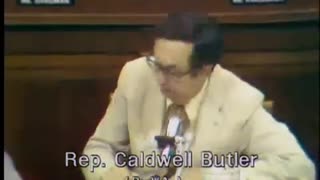 8:57:26
8:57:26
The Memory Hole
6 months agoNixon Impeachment Hearings Day 7 (1974-07-30)
1.23K1 -
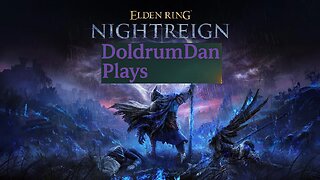 LIVE
LIVE
DoldrumDan
1 hour agoCHALLENGE RUNNER BOUT DONE WITH ELDEN RING NIGHTREIGN STORY MODE HUGE GAMING
61 watching -
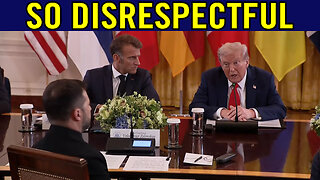 10:59
10:59
itsSeanDaniel
1 day agoEuropean Leaders INSTANTLY REGRET Disrespecting Trump
12.1K14 -
 16:43
16:43
GritsGG
16 hours agoThey Buffed This AR & It Slaps! Warzone Loadout!
12.3K1 -
 2:05:30
2:05:30
Side Scrollers Podcast
20 hours agoEveryone Hates MrBeast + FBI Spends $140k on Pokemon + All Todays News | Side Scrollers Live
106K11 -
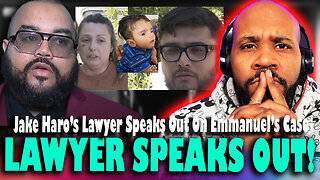 11:06
11:06
The Pascal Show
14 hours ago $1.32 earned'THEY'RE GETTING DEATH THREATS!' Jake Haro's Lawyer Breaks Silence On Emmanuel Haro's Disappearance!
14K2 -
 LIVE
LIVE
Lofi Girl
2 years agoSynthwave Radio 🌌 - beats to chill/game to
318 watching -
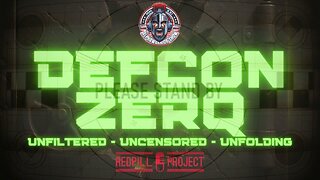 2:19:32
2:19:32
Badlands Media
1 day agoDEFCON ZERO Ep. 005: False Flags, Cyber Fronts & Global Power Plays
153K66 -
 2:35:23
2:35:23
FreshandFit
9 hours agoWhy Black Men Don't Date Black Women Debate
43.5K40 -
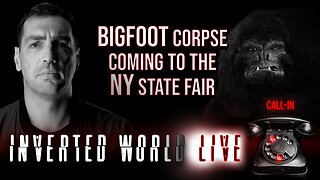 2:03:42
2:03:42
Inverted World Live
13 hours agoBigfoot Corpse Coming to the NY State Fair | Ep. 94
111K27